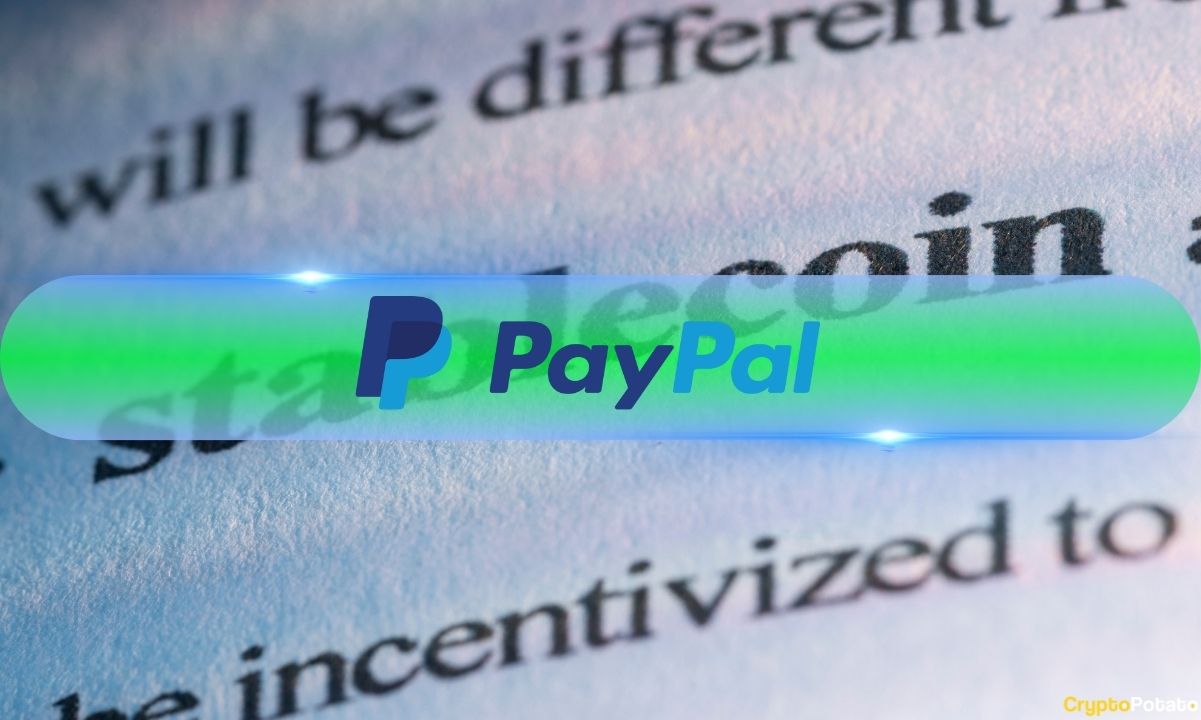
Stablecoin giants like USDT and USDC continue to strengthen their hold on the market, expanding their dominance and market share.
However, a new contender is making waves – PayPal’s PYUSD. While still relatively smaller, this emerging stablecoin is gaining momentum, signaling a potential shift, as per recent data.
Stablecoin Power Shift?
According to a report by the research team of asset manager Hashdex, stablecoins’ market dominance grew by 3% in the third quarter of 2024. Both USDT and USDC, the leading fiat-backed dollar stablecoins, saw their market shares increase by 1% and 5%, respectively.
PayPal’s PYUSD, though still smaller than USDT and USDC, experienced a remarkable 57% rise in dominance during the same period.
PayPal became the first financial technology company to launch a US dollar-backed stablecoin last August. Issued by Paxos Trust Company, PYUSD is fully supported by US dollar reserves, such as Treasuries and cash equivalents. It is available for purchase or sale on both PayPal and Venmo and has a 1:1 exchange rate against the USD.
In just 383 days after its debut, PYUSD surpassed a $1 billion market cap, achieving this milestone almost twice as swiftly as USDC and three times faster than USDT, the leading fiat-backed stablecoins. Following its successful 2023 launch on Ethereum, PayPal’s stablecoin expanded its presence to Solana earlier this year.
HashDex Research suggests that the potential institutional adoption via the stablecoin has boosted its outlook for the fourth quarter of 2024 and into the next year.
“PYUSD is gaining traction and could continue to capture more market share as its distribution increases.”
Stablecoins Growing Appeal In Fintech
Stablecoins are becoming increasingly prominent in the fintech industry. Reports suggest that Revolut, a UK-based company, is well underway in creating its own.
Meanwhile, blockchain firm Ripple also disclosed plans this spring to launch a dollar-backed stablecoin, RLUSD, which will be supported by US dollar deposits, short-term government Treasurys, and similar assets.
Banks like J.P. Morgan are also entering the transaction settlement niche, having developed JPM Coin to enable real-time payments for institutional customers.
This article first appeared at CryptoPotato
